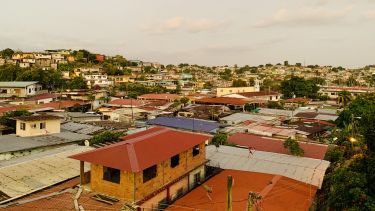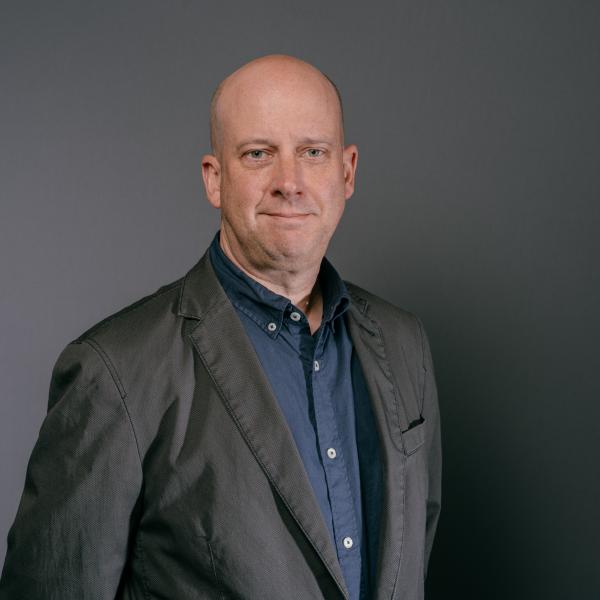War in peacetime: investigating urban violence and social trauma

Principal investigator
Co-investigators
Lizzie Cook (Department of Urban Studies and Planning, now School of Geography and Planning, University of 91ÖḟĠċ), Maggie Wykes (School of Law, University of 91ÖḟĠċ), Denis Rodgers (University of Amsterdam)
Project aims
The main aim of this project was to examine life in cities experiencing high levels of violence in non-war contexts with investigations in both high and low violent crime cities in Europe, the US, and Latin America.
The research offered an analysis of the roots of violence, as well as community-based interventions and policies effective in increasing the relative peace of community life.
These issues were considered through a series of engagements with key actors in three pairs of cities selected for their variations in levels of urban violence.
The research placed great emphasis on a need to understand the reasons for (relative) peace and high violence in ordinary, non-warfare city settings as well as the structural causes and impacts of violence (particularly between urban settings, in relation to gender, and with regard to its wider consequences as it is witnessed and felt within communities).
The primary research question was: how can we explain variations in violence between cities and what can be done about varying social inequalities and exposure to violence?
Research focus
The research design focused on cities with very high and very low levels of recorded violence using statistical sources as the precursor to more intensive case study work in candidate locations.
The project was split into two phases:
- A review of literature and data (focusing on levels of homicide, aggravated assault, hate crime, children in care of the state and related indicators) relating to the most socially distressed, violent and traumatising neighbourhood conditions in these countries and cities. Here the aim would be to examine what is already understood about such impacts, and to determine the paired cities for examination in the second phase;
- Interviews with service professionals working in teaching, social work, youth and community development workers, community and frontline police, and local community leaders in selected communities in the city case studies.
This project engaged peace studies in a dialogue with what has come to be called peace-making criminology. This stresses the need to conduct research that assists in locating methods for repairing relations between authority figures and social control agencies, notably the police, and excluded social groups operating within segregated cities and unequal power relations.
In combining statistical data with qualitative insights the research aimed to offer insights into the roots and consequences of violence as well as methods by which harms may be softened.
Funder
Max Batley Fund - a legacy endowment to the University of 91ÖḟĠċ to support 'Peace Studies'.


